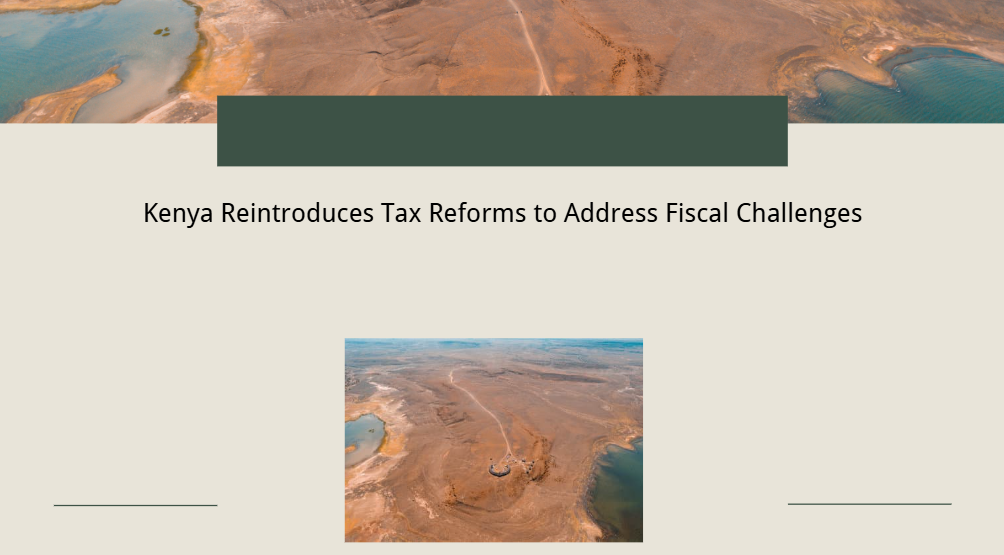Portugal's New Minimum Global Tax: Implications for Multinational Corporations
Portugal has introduced a mandatory 15% minimum corporate tax rate, effective November 9, for large domestic and international groups operating within the country with annual revenue equal to or exceeding €750 million. The new tax aligns with the OECD's global minimum tax model and the EU directive aiming to curb aggressive tax planning and ensure equitable tax obligations for multinational corporations across jurisdictions.
This regulation requires multinational groups to calculate the effective tax rate paid in each jurisdiction where they operate. Should this rate fall below 15%, it is classified as a “low-tax jurisdiction,” triggering the imposition of a supplementary tax to bridge the gap, payable by the group's parent entity. The objective is to create a level playing field by limiting tax advantages that can distort competition.
While the 15% rate represents a global minimum, countries are prohibited from applying a higher rate to profits generated domestically or internationally. This threshold, however, could impact tax competitiveness, especially in economies that have historically leveraged lower tax rates to attract multinational investments. Notably, the tax is applied to effective tax rates, calculated post-application of any tax deductions, credits, or other incentives, thereby reflecting the real tax burden.

Transitional Relief and Targeted Exemptions
The regulation includes transitional provisions, providing certain exemptions to entities with an average revenue below €10 million and net income under €1 million, acknowledging the operational differences across multinational entities. Additionally, large multinationals can benefit from a penalty-free period extending from their 2026 fiscal year until the end of 2028, giving them time to adjust to the 15% tax structure.
According to the Portuguese Ministry of Finance, OECD data estimates that this regulation will impact approximately 2,700 to 2,800 entities within Portugal. A significant portion of these entities are foreign-owned, which reflects Portugal's extensive integration within the global corporate network.
Balancing Competitiveness with Compliance
This policy shift underscores Portugal's commitment to global tax alignment, though it raises questions about balancing compliance with economic competitiveness. By setting a standardized floor, Portugal is taking a bold step to position itself as a responsible participant in the international tax framework while potentially signaling to multinational corporations that transparency and tax contribution will be prioritized alongside business incentives.
For multinational corporations and their advisory firms, this new tax mandate represents a strategic pivot, requiring careful reassessment of tax structures, particularly in light of ongoing global tax harmonization efforts. As the regulation matures, its impact on both Portugal’s appeal as a business destination and its fiscal outcomes will be closely watched by policymakers and industry stakeholders alike.






















































First, please LoginComment After ~